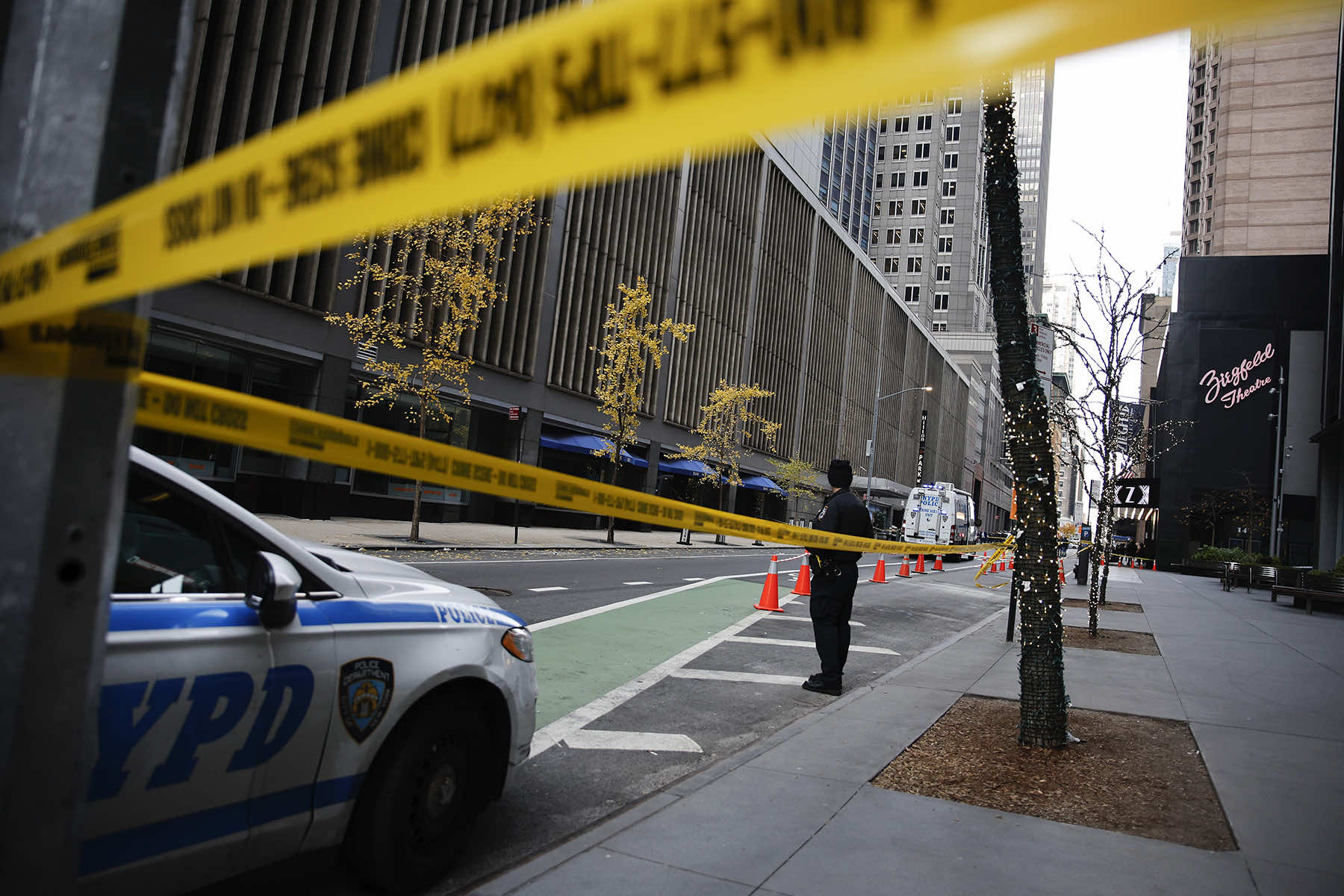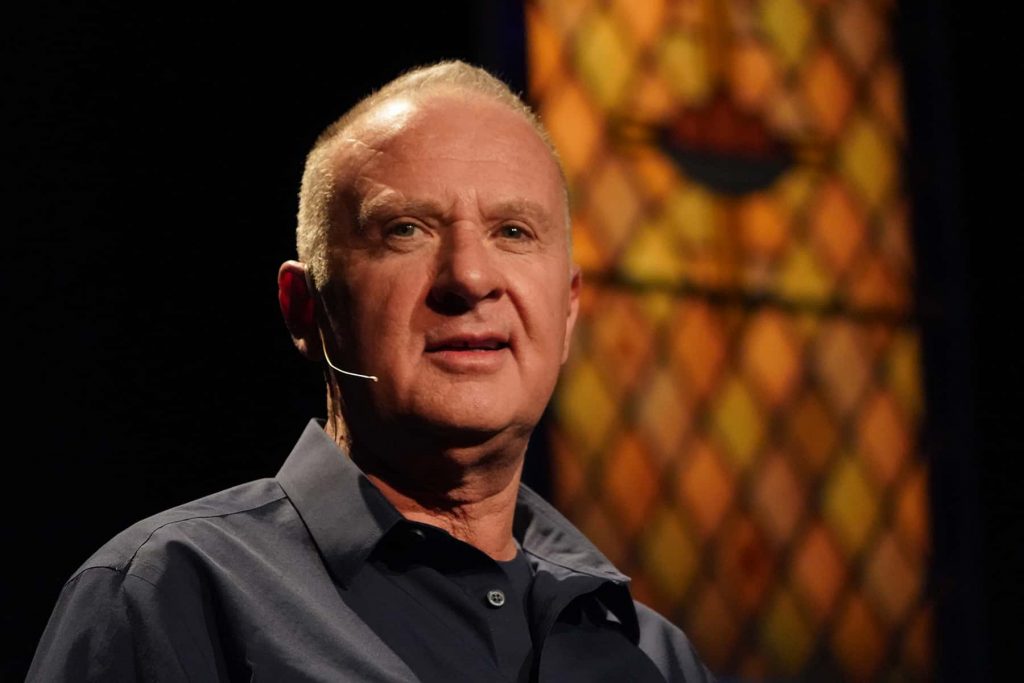
The brazen murder of Brian Thompson, the CEO of UnitedHealthcare, on a Midtown Manhattan street has rattled the U.S. health care industry. But beyond the tragic shock of an executive’s targeted killing, an unsettling truth now lies exposed with deep and pervasive anger at America’s private insurance system.
In the aftermath of Thompson’s death, what began as a crime story rapidly morphed into a larger conversation about insurance-driven structural harm and fury. As thousands took to social media to express bitterness rather than sympathy, America’s long-suppressed frustration with a system that often denies necessary health care, inflates costs, and leaves patients feeling powerless, burst into full public view.
For many Americans, companies like UnitedHealthcare have long represented a labyrinth of administrative barriers rather than a path to health or healing. Insurers are seen as profit engines built not on comprehensive coverage, but on the denial of claims and the deferral of essential treatments.
While the exact motive of Thompson’s killer remains unknown, the clues at the crime scene, cryptic words etched on shell casings reading “deny,” “defend,” and “depose,” hint at a perpetrator possibly fixated on the insurer’s reputation for rejections and costly red tape.
In the brutal calculus of perception, Thompson was viewed less as a health care steward than an architect of institutionalized cruelty.
In the days following the shooting, public responses on social media took on a tone that was equal parts disturbing and illuminating. The floodgates opened online. Normally, when a high-profile figure is gunned down, the near-universal reaction is condemnation and mourning. In this instance, however, thousands of people flooded comment sections with grim jokes, mocking condolences, and bitter personal accounts of denied treatments or life-saving medications left uncovered.
What emerged was an unsettling portrait of the pent-up resentment and despair that many feel toward private insurance. A surprising number of voices — nurses, doctors, patients, family members of the deceased — called attention to their own battles with coverage denials, ballooning bills, and stonewalling appeals processes that could drag on for weeks or months.
At the heart of the anger is Medicare Advantage, a government-funded program administered by private insurers such as UnitedHealthcare. Through these plans, insurers receive a flat fee per enrollee, then seek profit by minimizing the care they pay for.
Investigations have suggested that insurers collectively overbill Medicare by billions of dollars each year. Patients and advocacy groups allege that as companies chase ever-higher earnings, coverage frequently gets curtailed.
One class-action lawsuit points to the use of a proprietary algorithm, developed by a company called NaviHealth and acquired by UnitedHealth, that purportedly issues care recommendations with a documented error rate of around ninety percent.
In one particularly tragic case, a man who broke his back was cut off from nursing-home care, appealed the denial multiple times, finally went home after his coverage ended, and died just four days later. The company has denied wrongdoing but refuses to share details about how the algorithm comes to its decisions, citing proprietary information.
As public scrutiny intensifies, it is not just the elderly in Medicare Advantage plans who are at risk. Mental health patients have also confronted harrowing obstacles. UnitedHealthcare’s repeated denials of long-term care for a middle-school-age girl who attempted suicide, and who later died by suicide, led a court to call the company’s behavior “arbitrary and capricious.”
Past investigations found that UnitedHealth used algorithms to identify mental-health providers believed to be “over-treating” patients, then abruptly cut off their reimbursements. While some states have tried to curb these practices, the patchwork nature of insurance regulation means that, to rein in corporate misconduct, every jurisdiction would need to bring its own case. There is no single, definitive watchdog to oversee and correct such systemic abuses.
The vitriol unleashed after Thompson’s murder came from all corners of the internet and the political spectrum. People who have battled insurance companies for coverage they believed was guaranteed, or for treatments pre-authorized by their physicians, channeled their rage into the digital public square.
The reactions culminated in grim humor, withheld empathy, and even outright schadenfreude — offered a stark reminder of what sociologist Johan Galtung once called “structural violence.” The term, coined in the 1960s, describes forms of harm inflicted not by a single perpetrator wielding a weapon, but by institutions and systems that deny people basic needs and dignity.
Structural violence often operates quietly, not through a single bullet but through a million insidious forms of neglect, red tape, and economic coercion. In the United States, it can be found woven into the health insurance system, where denials of coverage sometimes have deadly consequences.
This kind of violence rarely evokes the same visceral response as a murder on a busy city street. It can seem abstract, hidden behind the polished rhetoric of corporate statements and PR campaigns. Executives receive handsome compensation packages — UnitedHealth is known for paying its top leaders eight-figure salaries — while maintaining profits that hinge on controlling costs, often at patients’ expense.
The killing of Thompson, while undeniably shocking and reprehensible, forced an uncomfortable reckoning. In a system that normalizes non-physical forms of violence, from aggressive medical bill collection to abrupt coverage cancellations, how do we measure moral culpability?
Few would argue that vengeance or vigilantism is justified. Most Americans still want law and order, peaceful solutions, and fair-minded reforms. Yet, there is a painful logic beneath the moral chaos of the public response. Decades of distrust and resentment have reached a boiling point. When many commenters withheld sympathy for Thompson’s death, they were, in essence, exposing a profound crisis in our national consciousness.
If your life and well-being have never mattered to an institution, why should its leaders matter to you? Such a stance is corrosive. A civilized society cannot maintain coherence if tragedies are greeted with mockery and scorn.
But calls for empathy ring hollow when they come from those who have routinely declined to extend the same empathy to patients—when they have denied treatments, refused coverage, or allowed “proprietary” black-box algorithms to trump a doctor’s judgment.
Ultimately, Americans must decide if they want to live under a health care regime defined by profit-driven gatekeepers. The current arrangement has allowed structural violence to become the status quo.
The outrage following Thompson’s murder was not just about one life taken prematurely but about the many lives quietly harmed each day through coverage denials and opaque decision-making. A functional health care system should produce healthier, happier citizens — not a public so jaded that even an assassination evokes smirks and grim satisfaction.
© Photo
Stefan Jeremiah (AP) and Kerem Yücel (AP)

















